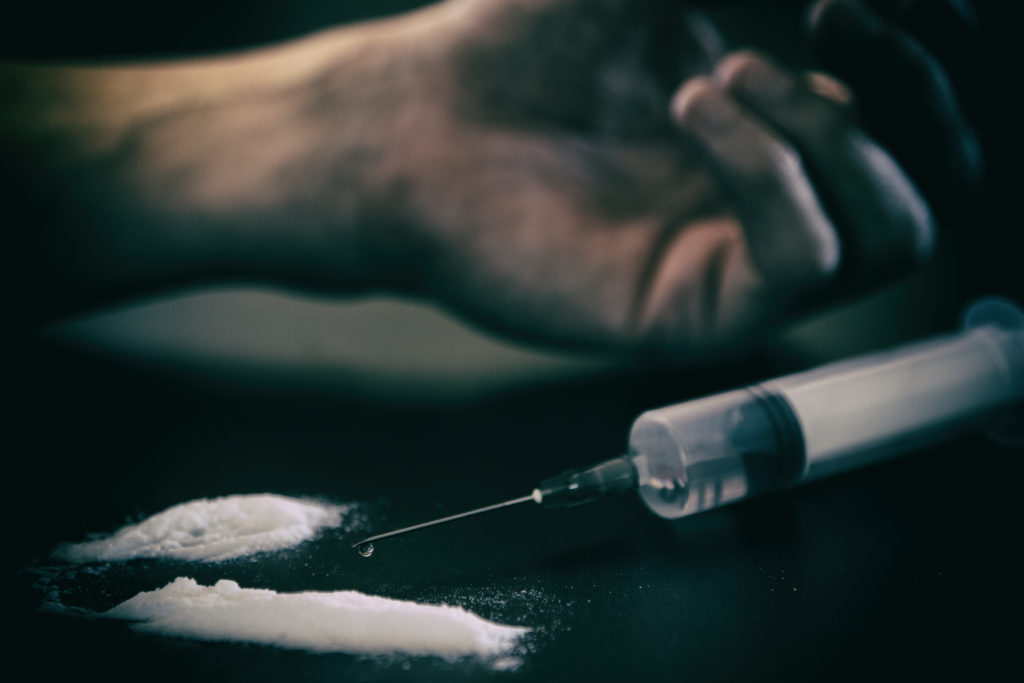It may be a new year but, sadly, the heartbreak continues.
Over 815,000 U.S. lives were lost to COVID-19 through the end of 2021. At the same time, another menace continued unabated – substance use and resulting drug overdoses.
Tragically, more than 100,000 people died of overdoses during a 12-month period ending in April 2021, up from 56,064 the year before, according to the Centers for Disease Control.

Overdose deaths from synthetic opioids (primarily fentanyl) and psychostimulants such as methamphetamine also increased during that time, as did deaths from natural and semi-synthetic opioids such as prescription pain medication.
While many of us are working tirelessly to provide continuity of care to clients to end the drug epidemic, pandemic-induced factors – now complicated by the Omicron variant of Covid — continue to drive up substance use.
Isolation, loneliness, unemployment and other stresses have left people depressed and with a lack of accountability for their substance use disorder (SUD). These factors create an environment for new users and increased use for individuals who were already struggling with addiction.
At the same time, America’s healthcare system continues to be stretched thin, staffed by exhausted workers, making it more difficult to help those who accidentally overdose or those who could have been saved pre-pandemic.
The first step in reducing overdoses is awareness and education. Thankfully, more people are speaking out about addiction and seeking help for those who are struggling.
It’s also vital to continue testing during the pandemic and engaging those who need our support.
Averhealth has made it our mission to reclaim lives, unite families, and strengthen communities by helping people overcome substance use disorders. As an essential healthcare provider, Averhealth continues to keep its patient care centers open across the country.
Now, more than ever, we believe our clients should continue to be tested and that their program is evidence-based. This includes daily notification and engagement, random selection, directly observed collections, and if they are high-risk, high need, they are tested 2-3 times per week to help interrupt the behavior chain by stopping new use cravings.
In too many ways, 2021 was déjà vu all over again with the twin pandemics of Covid and SUD. But we have hope that 2022 – finally? – will be a turning point to get our nation healthy again – and more individuals with SUD on the road to recovery.
